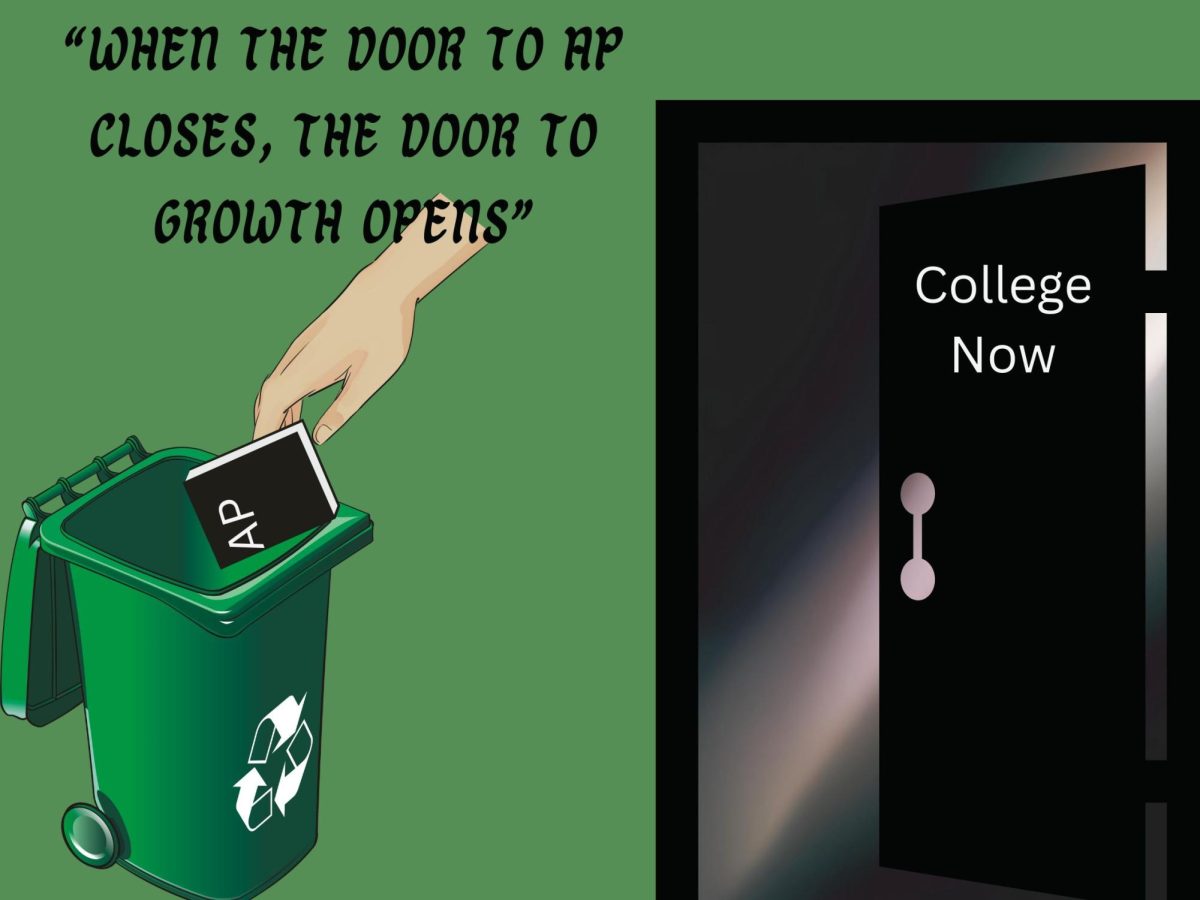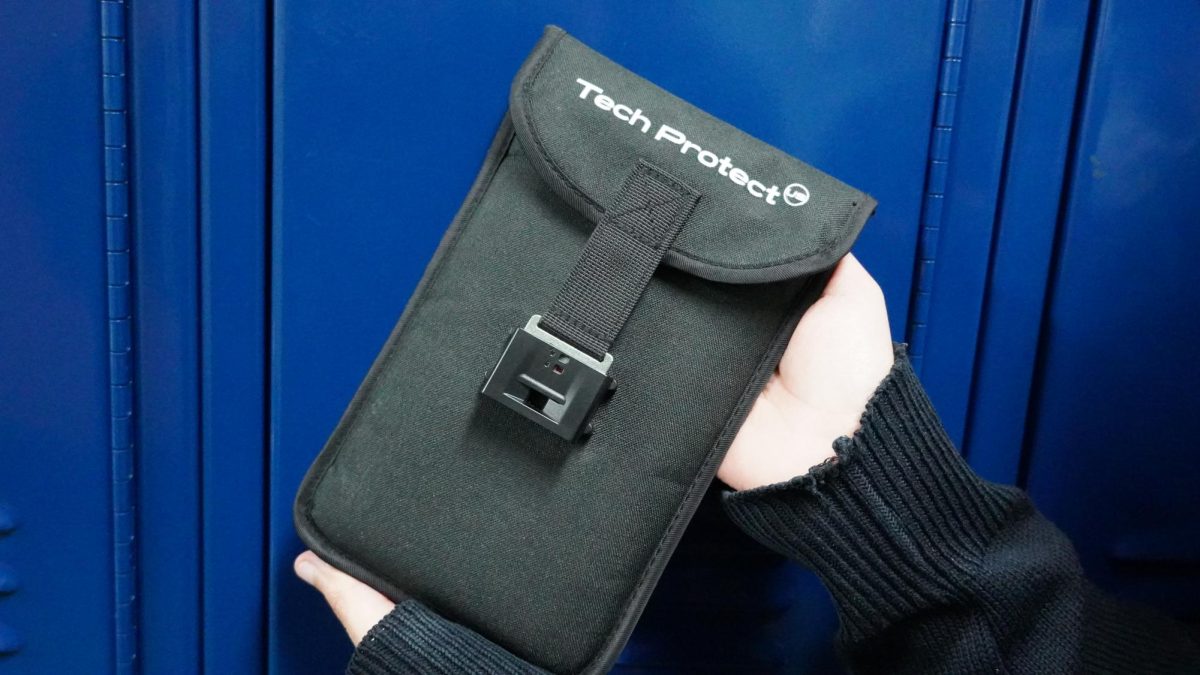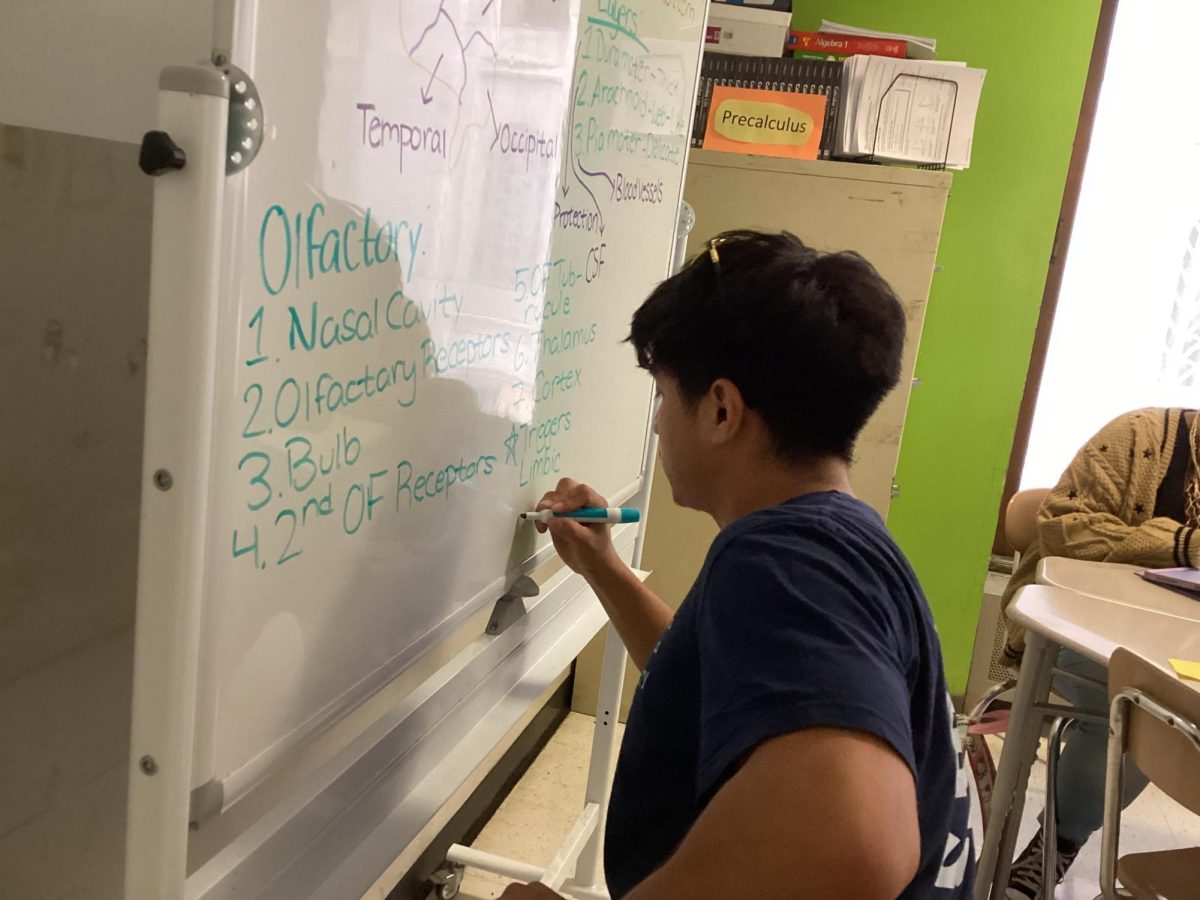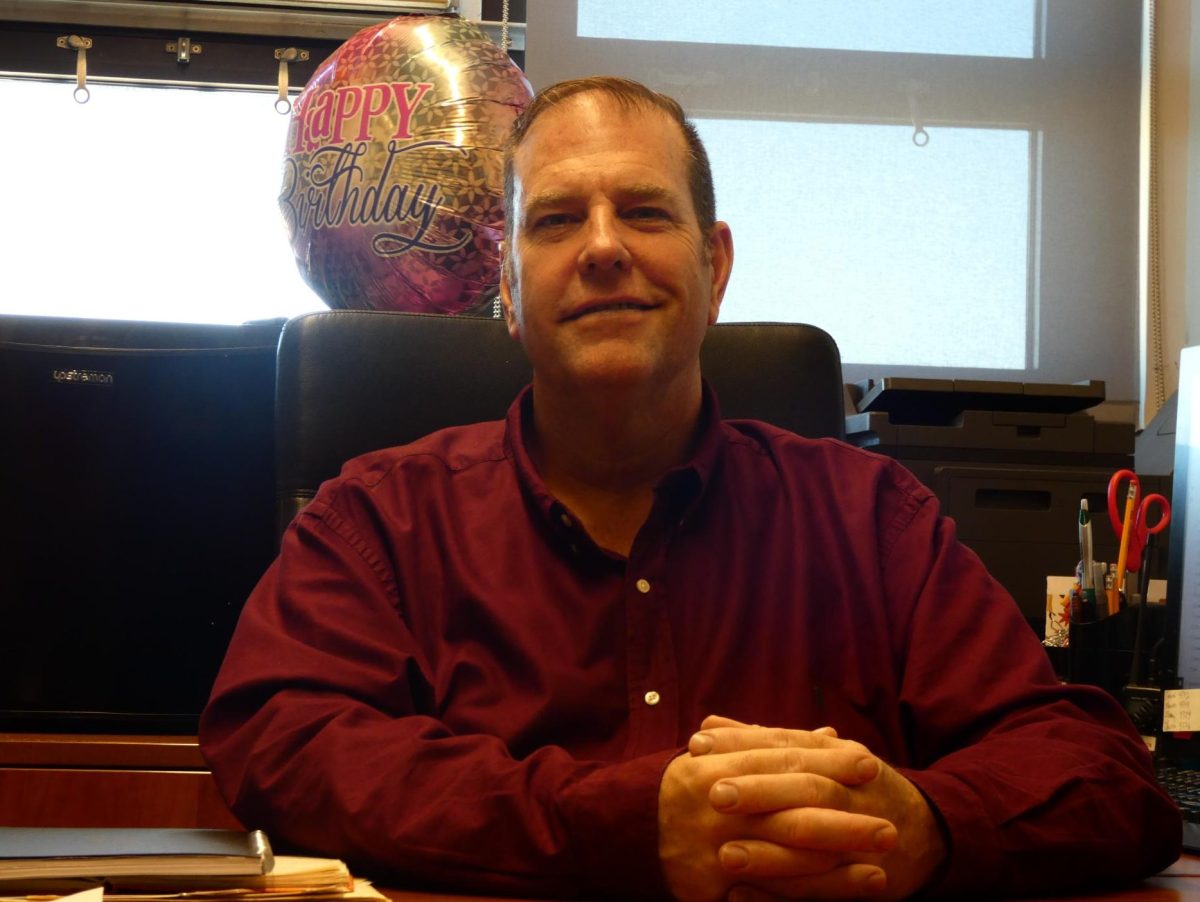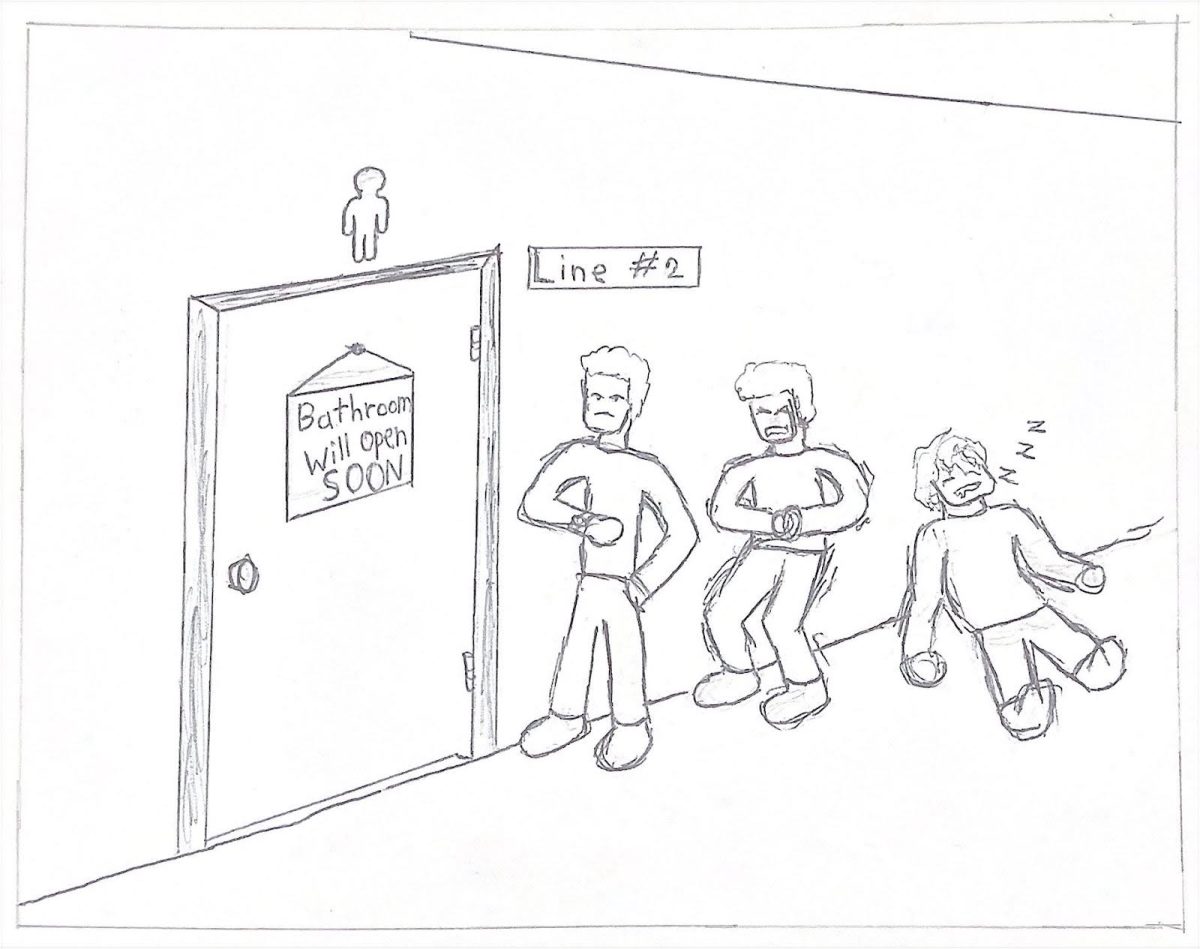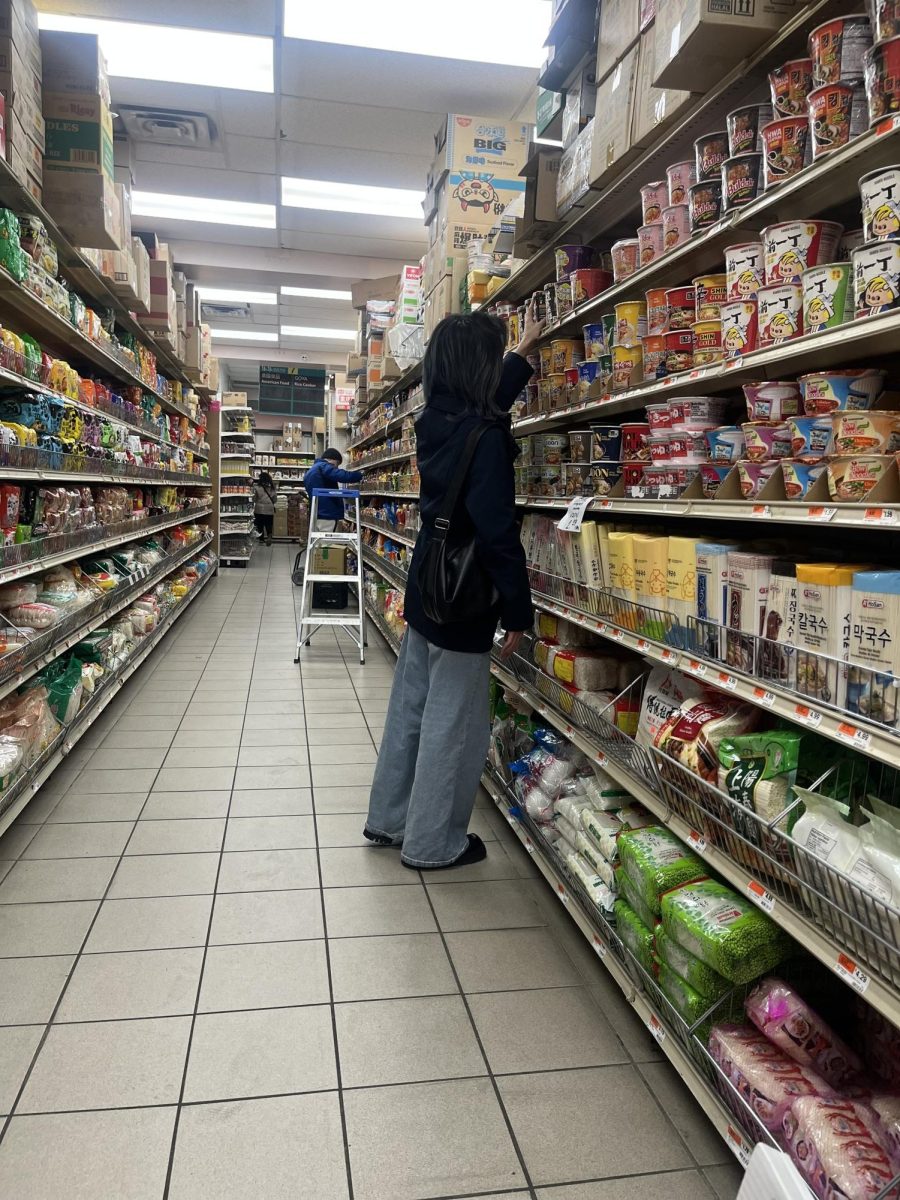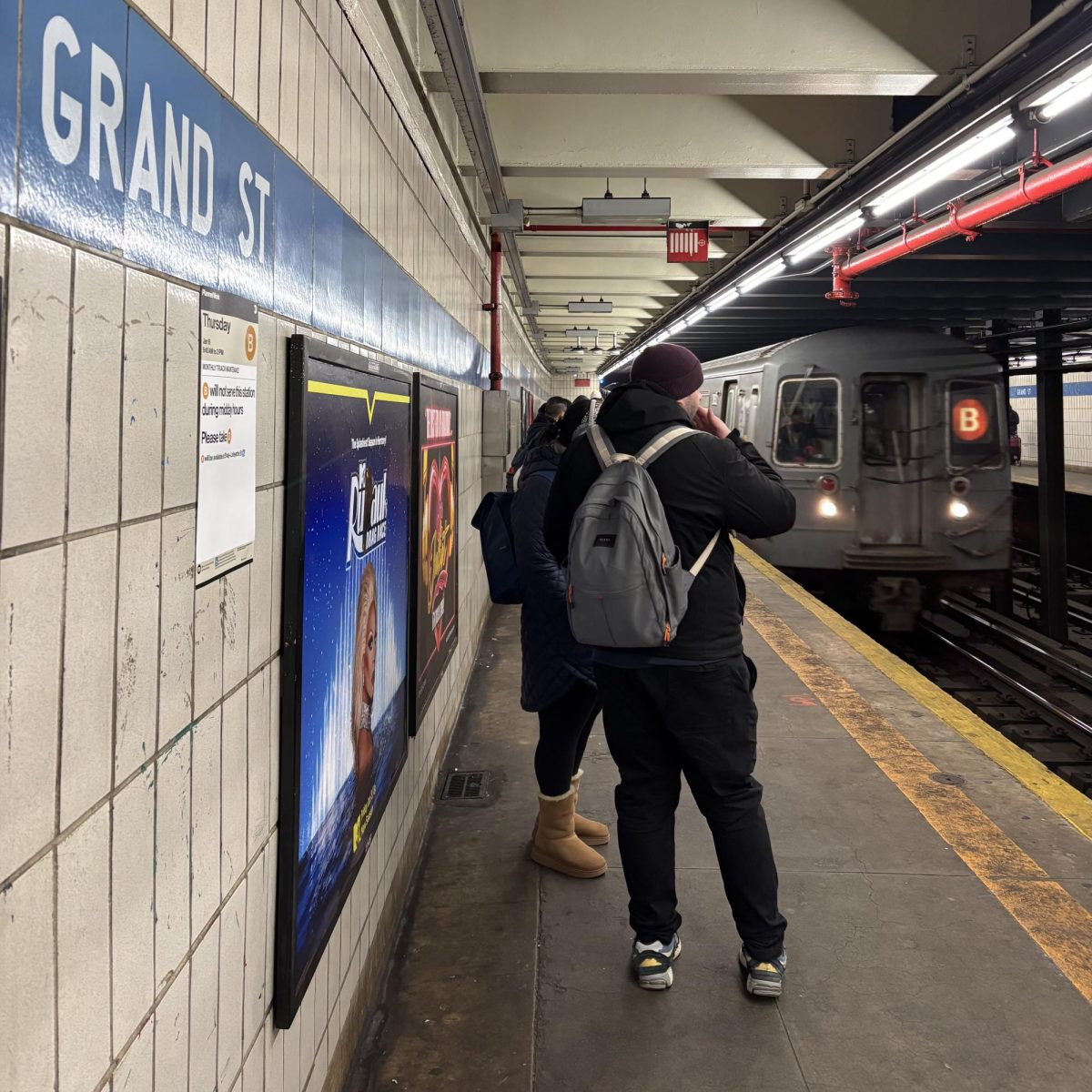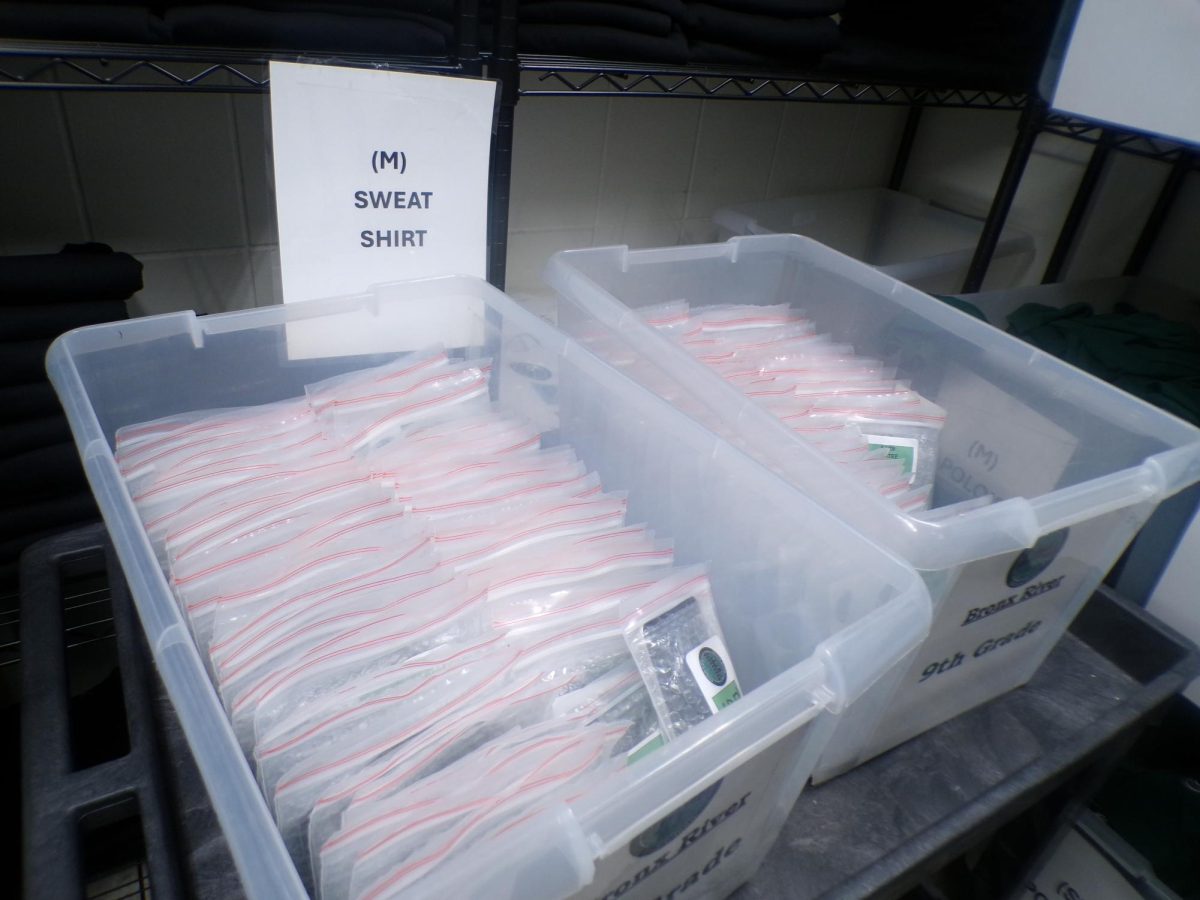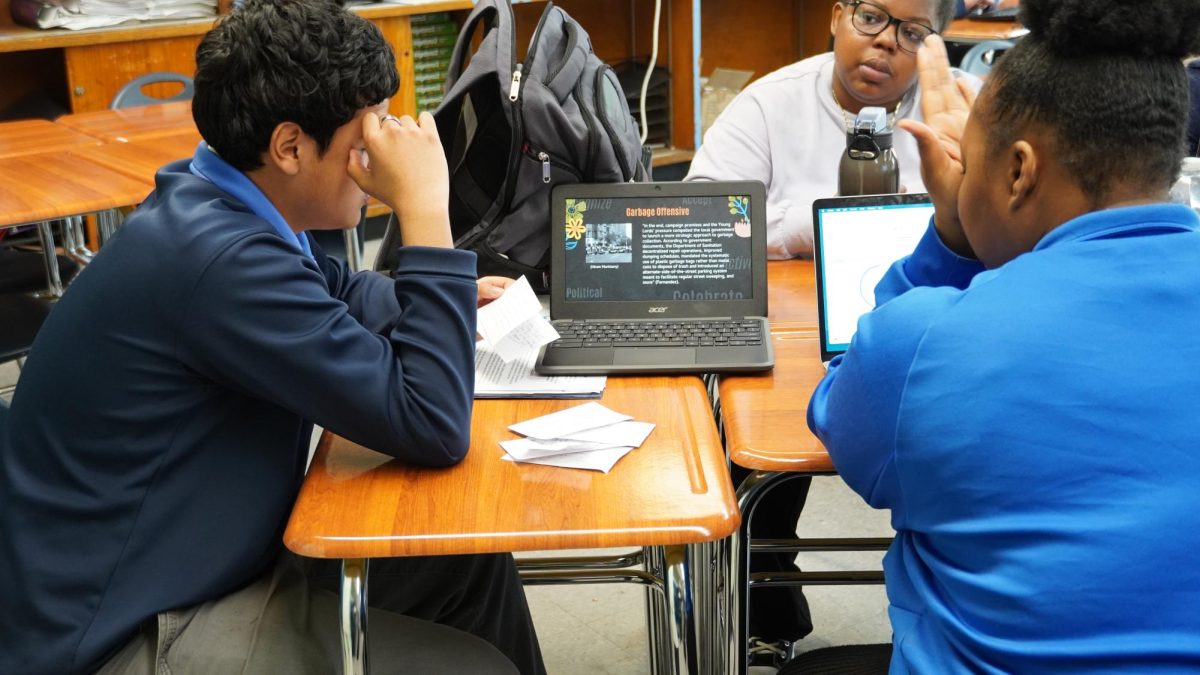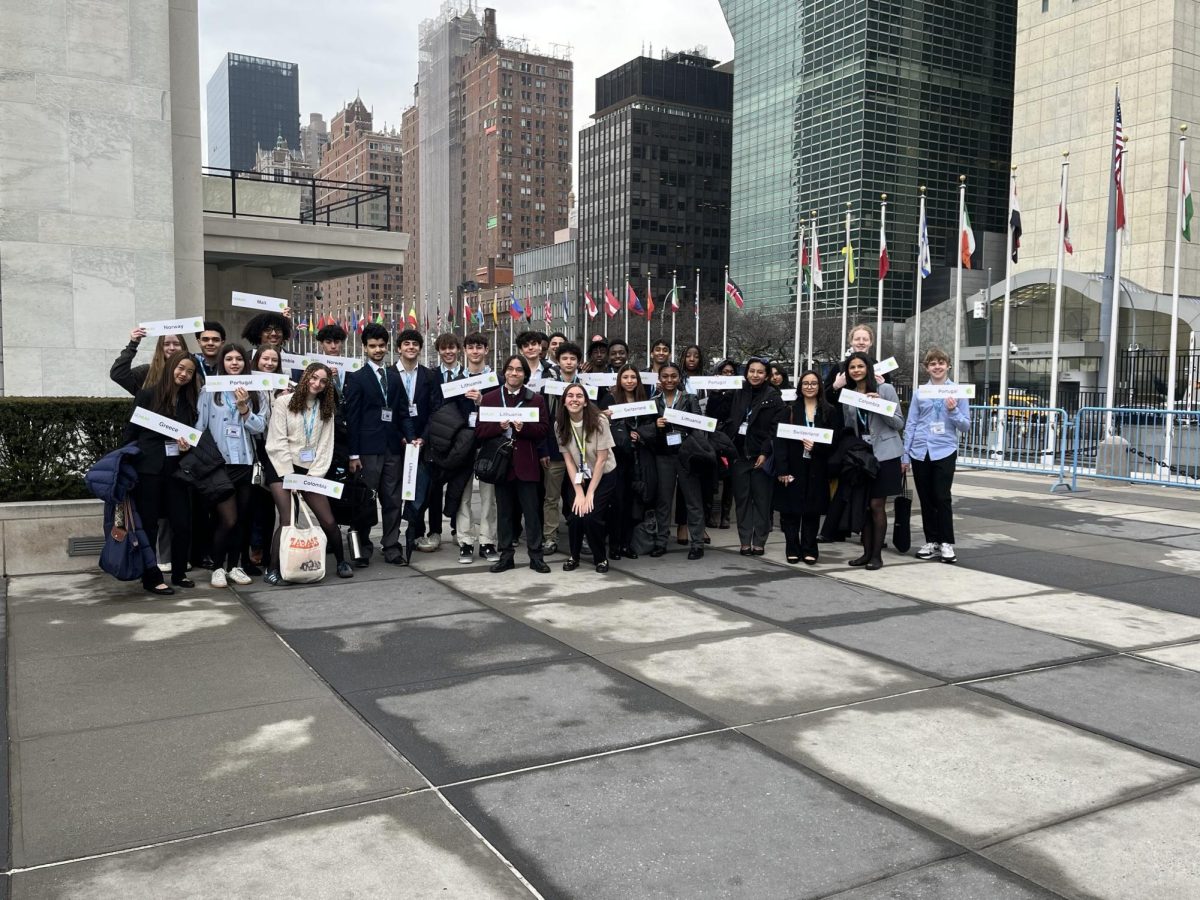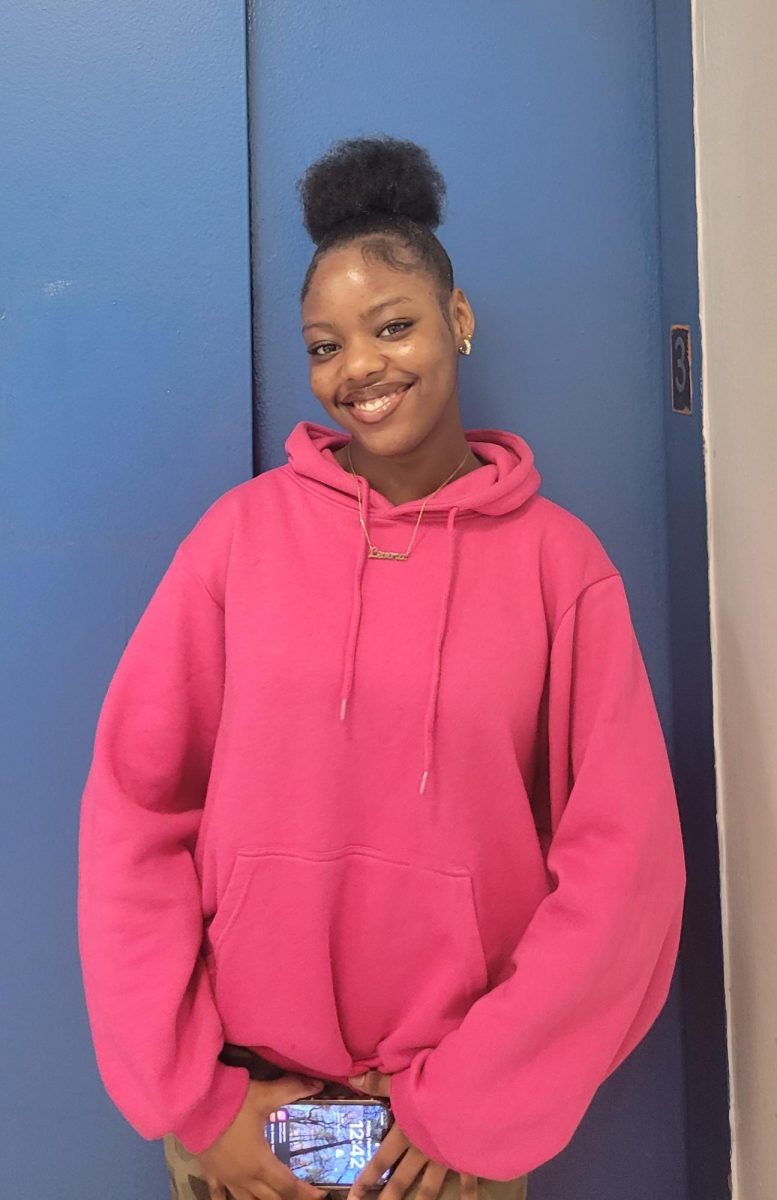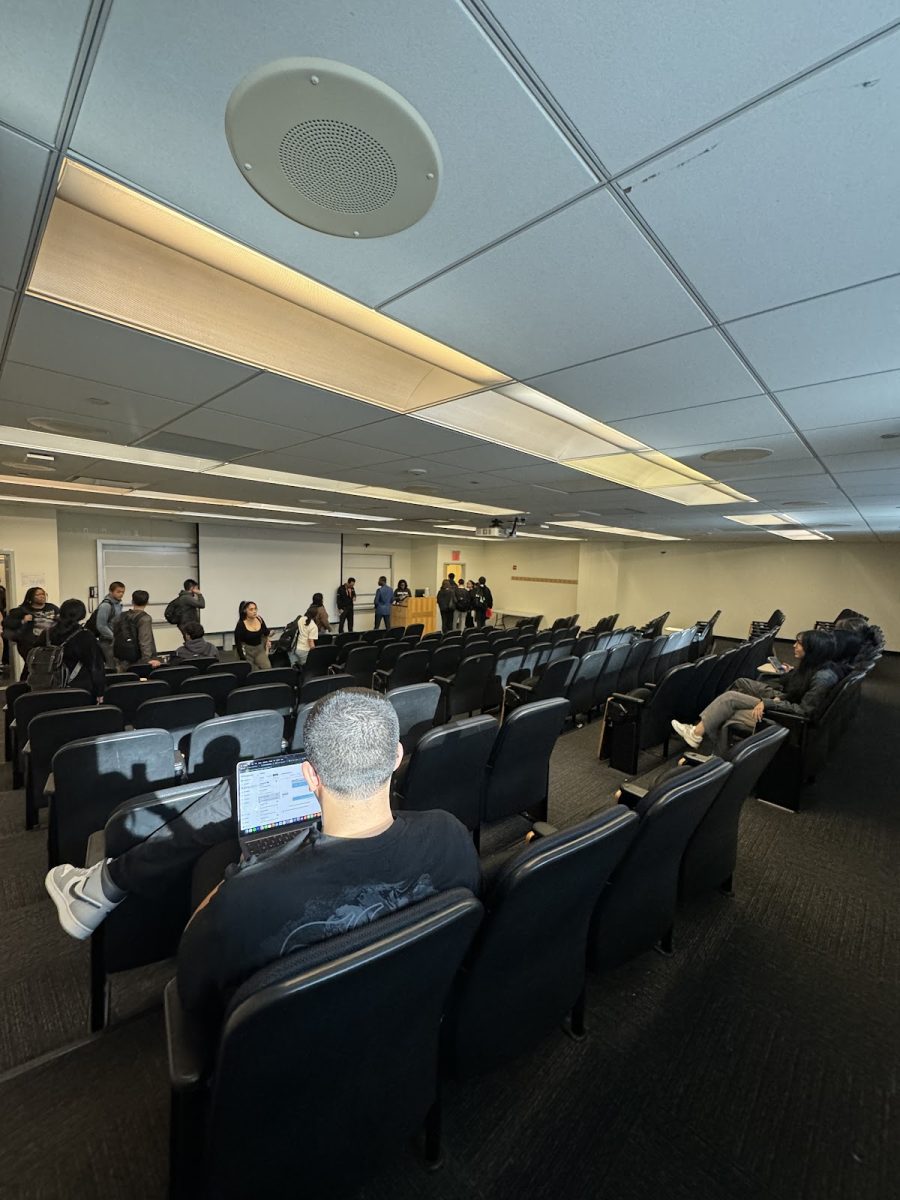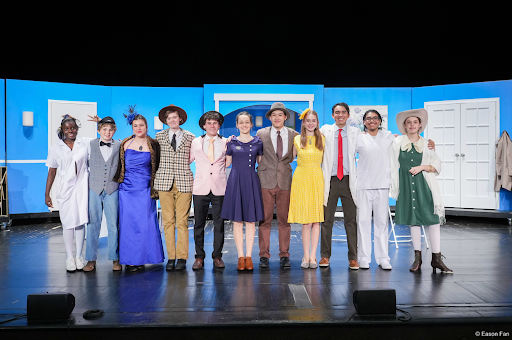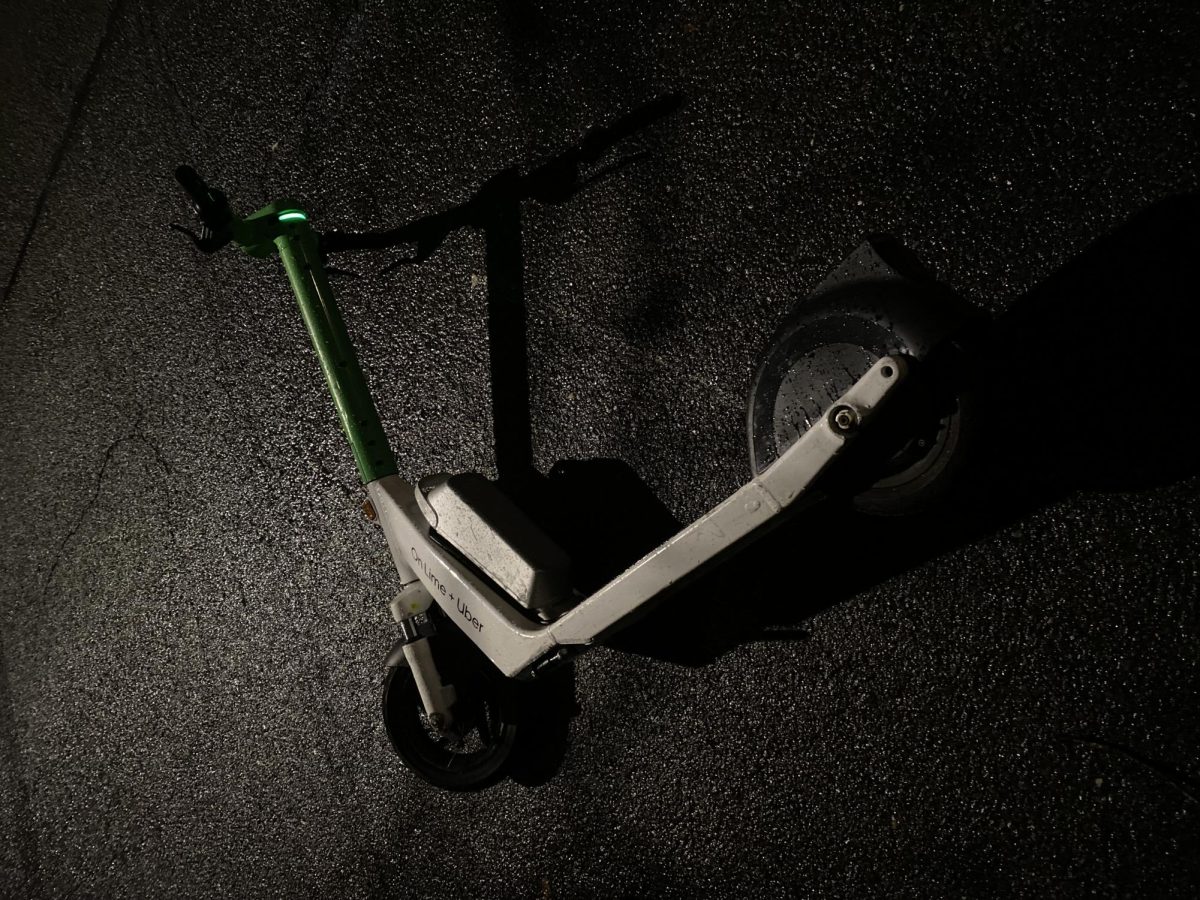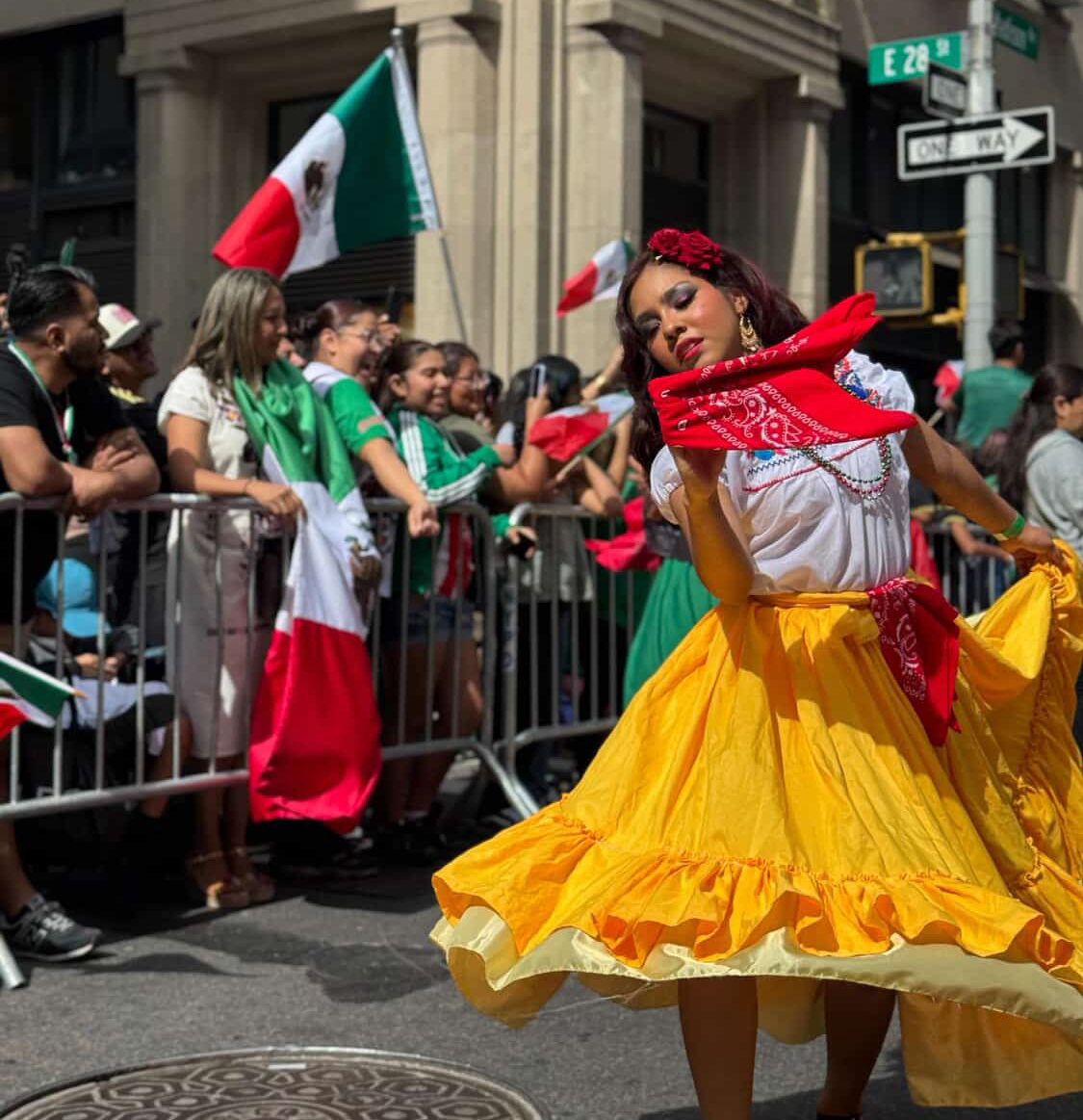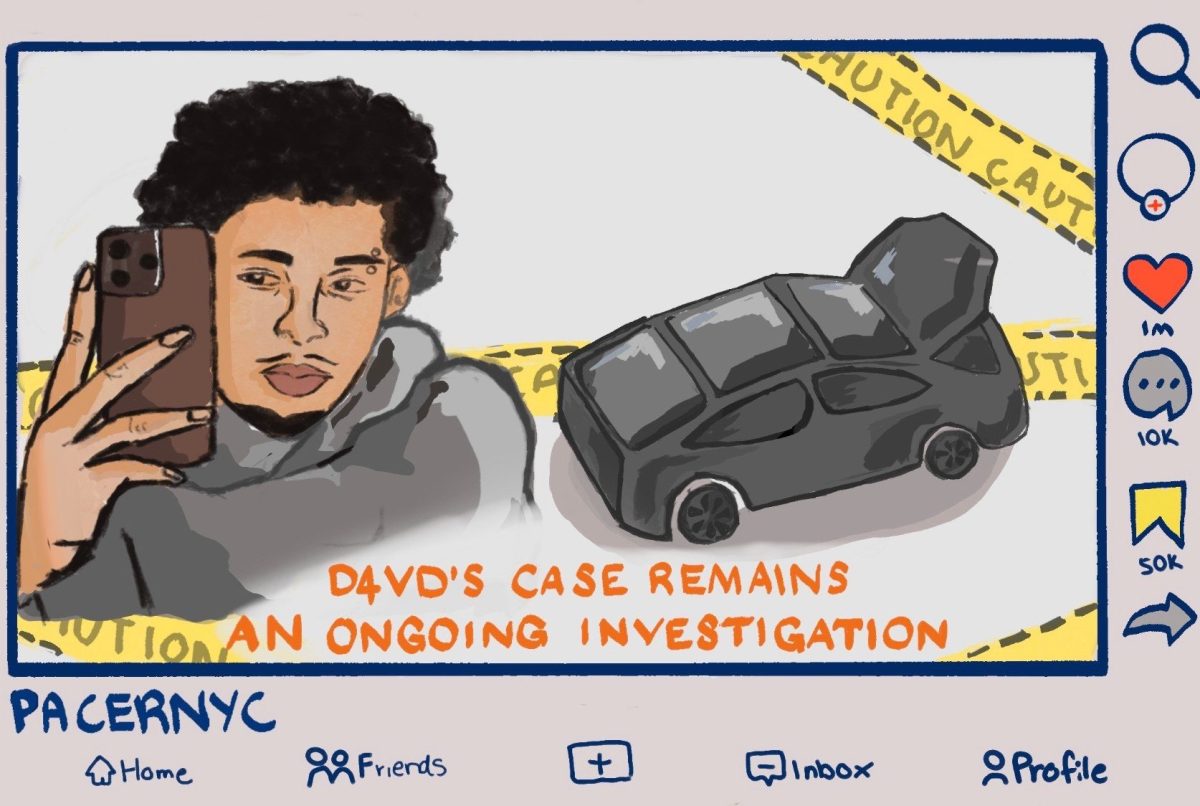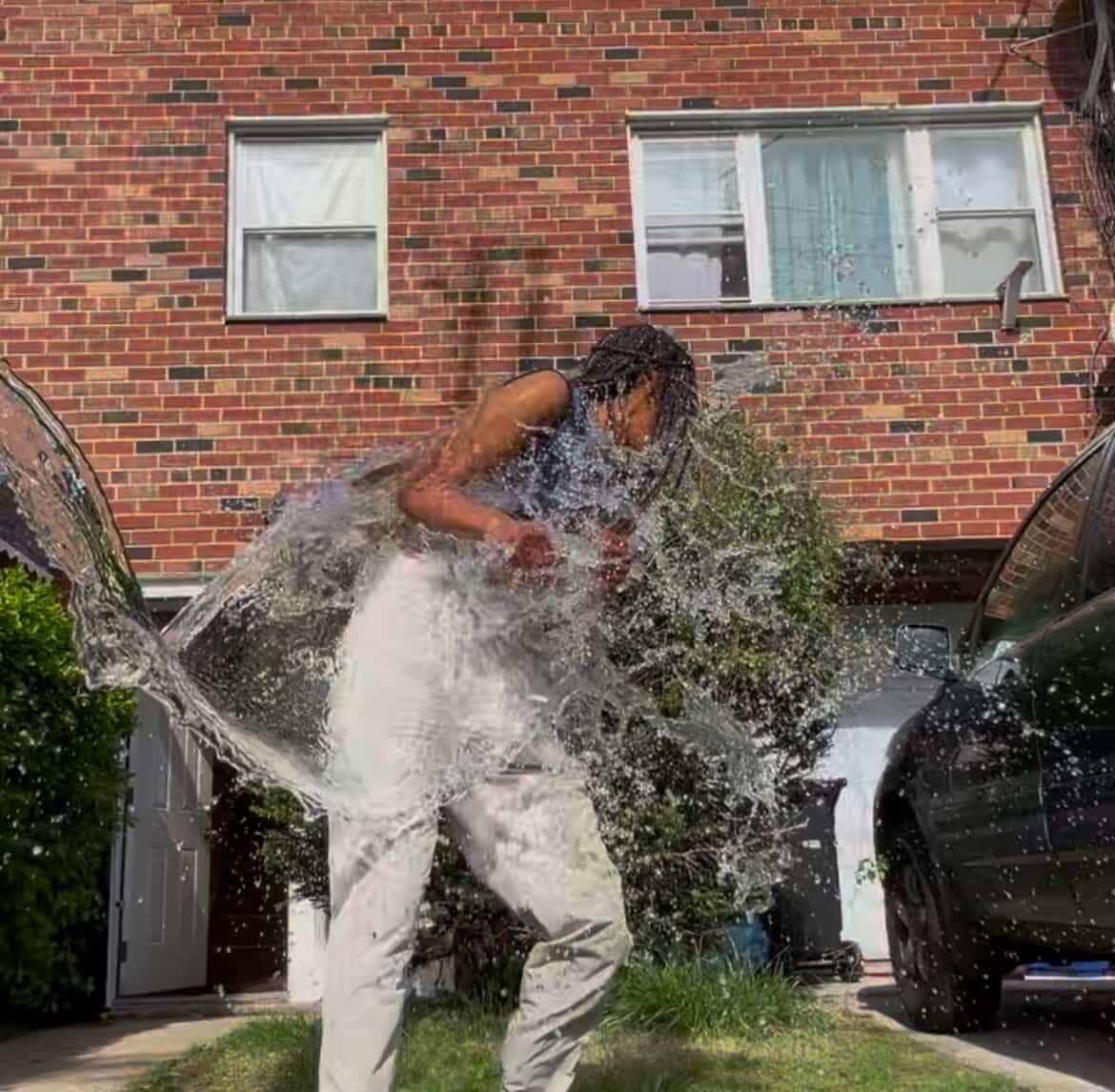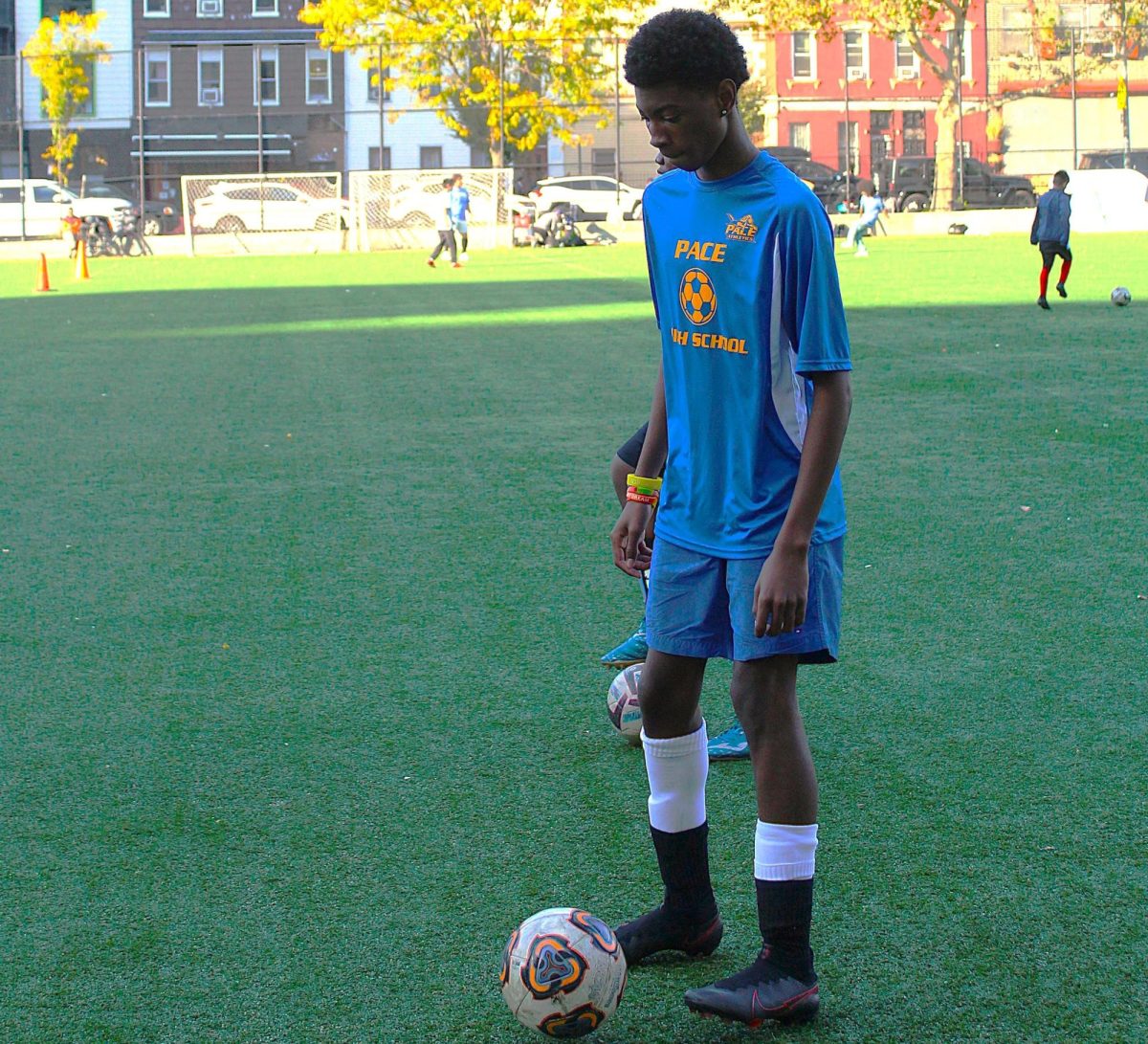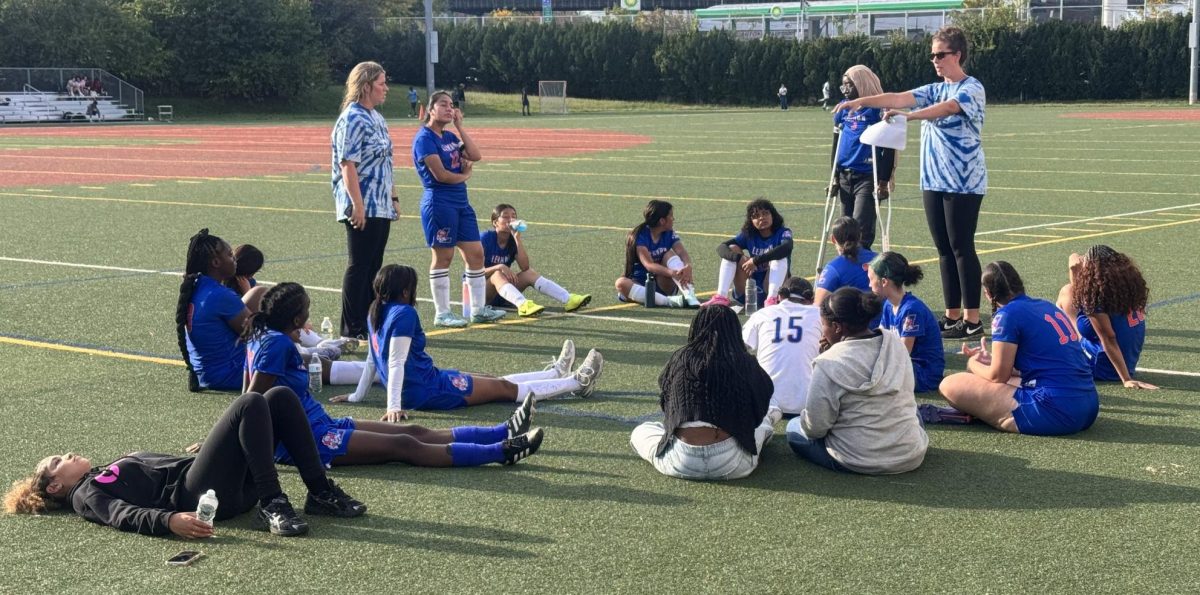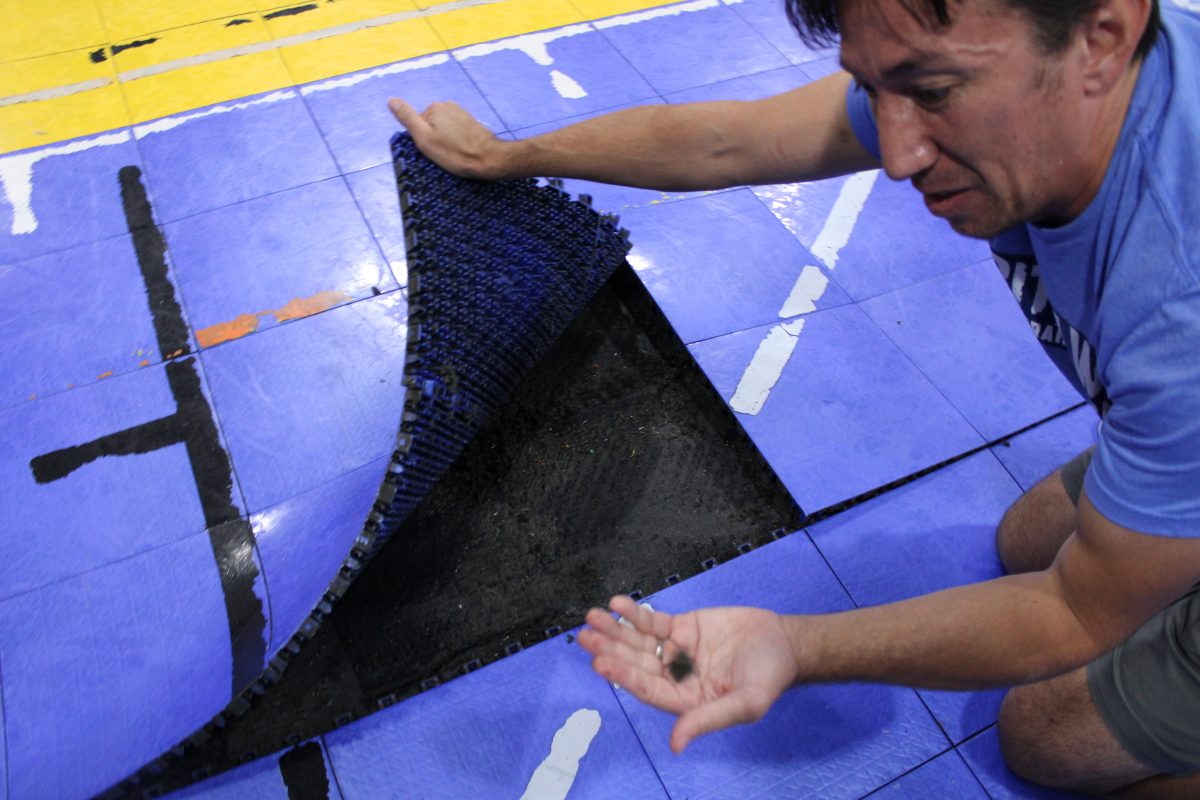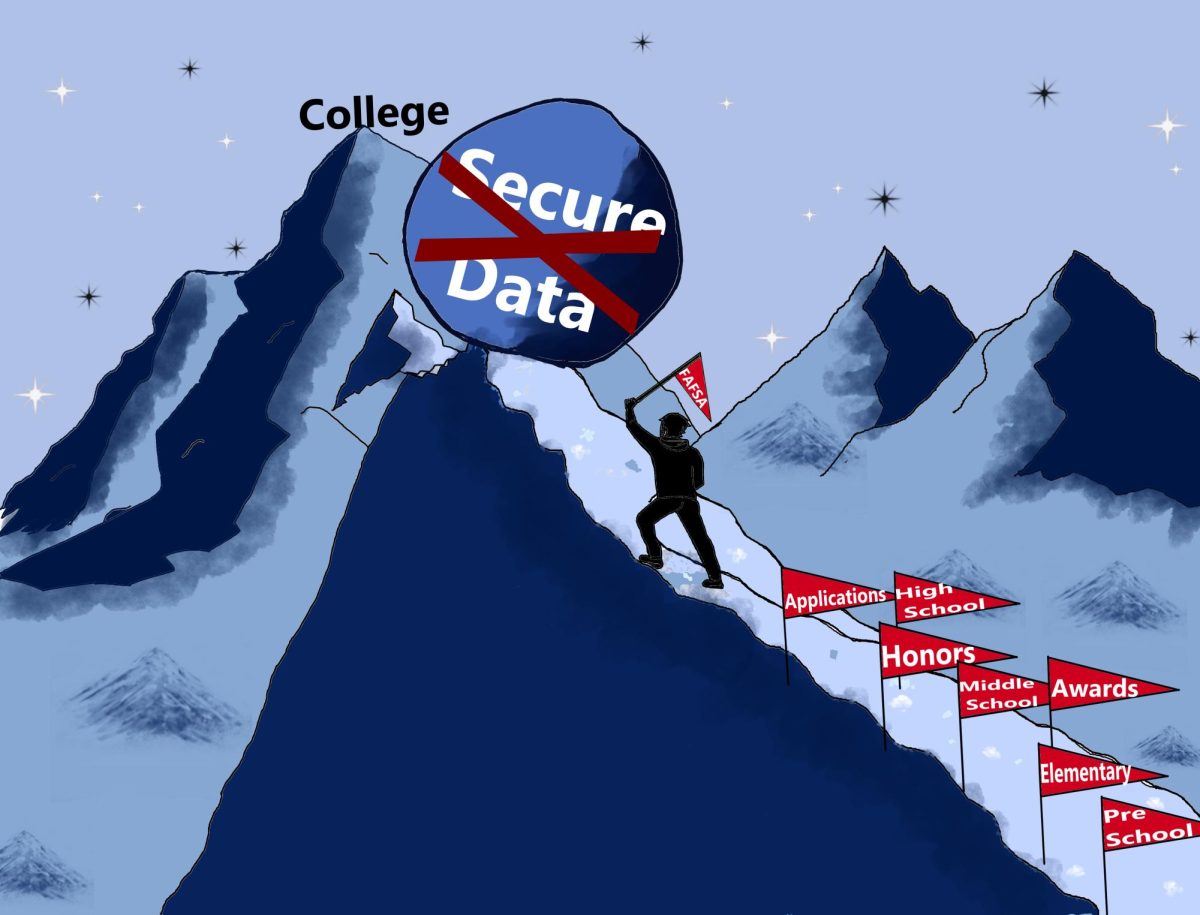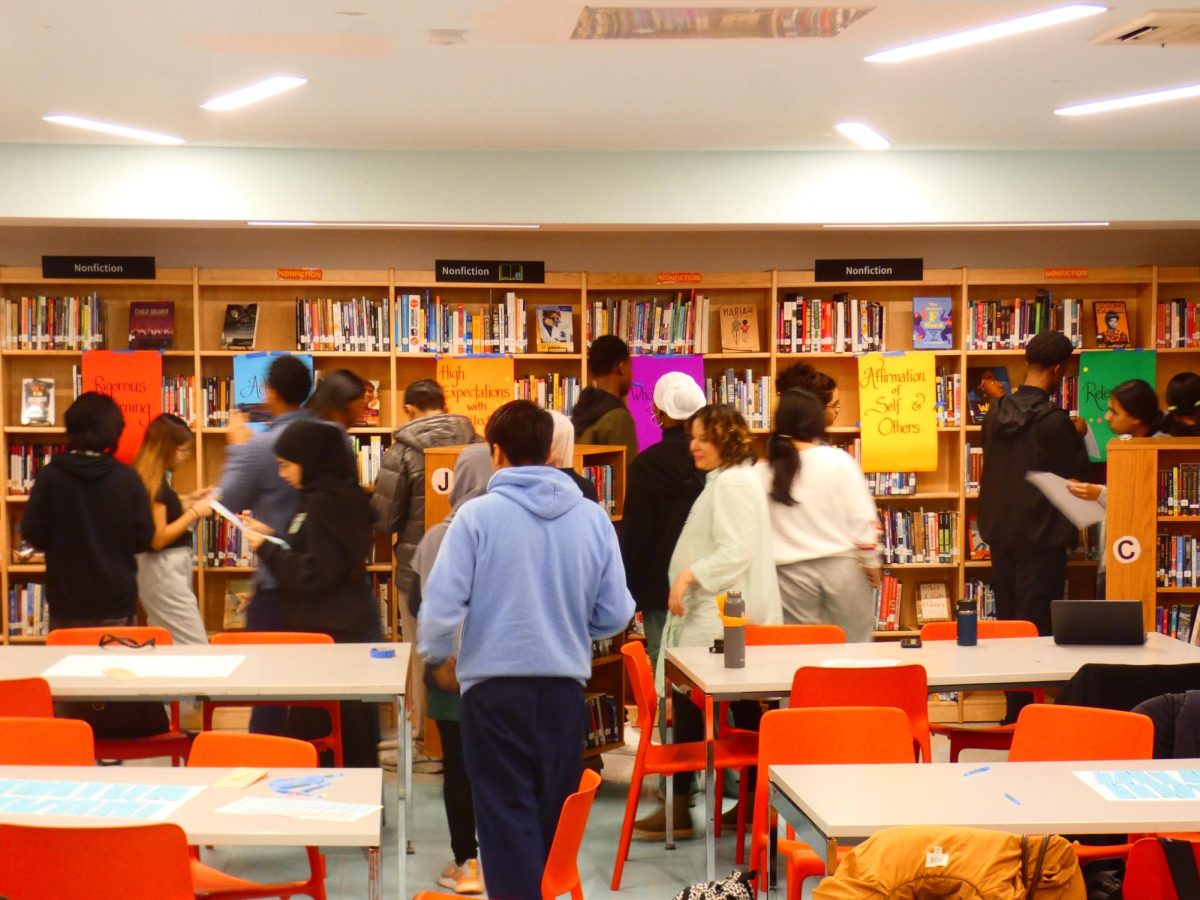College-bound seniors whose parents are undocumented immigrants face a tough choice this year: Apply for financial aid and risk having immigration officials use the information to deport your parents. Or forego money for college to help keep your parents safe.
In the past, students whose parents were undocumented could complete the Free Application for Federal Student Aid (FAFSA) without worrying about the information being shared with outside agencies. But with the incoming presidential administration’s focus on deportation, some college advisors are warning that sharing parental information may no longer be safe.
In fact, the National College Attainment Network, an organization that helps underserved high schoolers, has issued an official warning: “Although the Higher Education Act prohibits the use of data for any purpose other than determining and awarding federal financial assistance, at this time NCAN cannot assure mixed-status students and families that data submitted to the U.S. Department of Education, as part of the FAFSA process, will continue to be protected.”
In other words, immigration officials could potentially use parental data provided by students on FAFSA to deport their undocumented parents. Although FAFSA data is only meant to be used for awarding aid, concerns about data leaks have made some families hesitant to apply for financial aid.
Jefferson Veliz, the college advisor who works with students at Bronx River High School, had to break the news to affected seniors earlier this month. “It’s heartbreaking and unjust that students who are aiming for a better future through education face such challenges and fears,’’ he said. “Education should be a safe and an inclusive space, and policies should reflect that commitment.”
“This will affect millions of students whose parents are undocumented,’’ Veliz said.
Assistant Principal Tene Kelly shared that the NYC Department of Education “is in constant communication with Governor Kathy Hochul’s office to release information to schools soon about FAFSA applications for mixed status families.”
In the meantime, the DOE issued a statement to Bronx River News: “Every child deserves access to college and postsecondary education without burdensome concerns surrounding the safety and well-being of their families. New York City Public Schools is actively working with our partners in higher education and at the state to provide guidance to school administrators and counselors to assist students who are undocumented or have mixed-status families in navigating the FAFSA application process and adapting that guidance if and when circumstances change.”
Students face tough options
The FAFSA concerns leave affected BRHS seniors frustrated and worried. Their names are being withheld to protect their parents’ identities.
Student A, whose parents are undocumented, worries that blocking access to FAFSA will limit “many communities from accessing higher education as FAFSA is our only option to get scholarships and funding for our colleges.”
“I really want to go to college but this hinders me from finishing or even getting into an educational institution,” says Student A, who doesn’t want to risk sharing his parents’ information. The senior says he “has more fear of his parents getting deported, especially now with Trump entering the picture.”
Student B, one of the school’s top scholars, was all set to apply for aid when his college advisor told him to hold off. The student told his father about the warning but couldn’t bear to tell his mother. “My mom has been saving up money for college and works very hard,” he said.
The senior, who has been working to save for college, had been counting on financial aid to help bridge the gap. “I feel like a big part of what I was working for is getting taken away,’’ he said.
Even though he’s disappointed, he doesn’t want his parents, especially his mother, to carry the burden. “Instead of putting the mental burden on her, I’d do it to myself.”
Looking for other options
Students who don’t feel comfortable applying through FAFSA have other options:
Doris Reyes, an employee at Hostos Community College, said she is “saddened by students facing this conflict, but thankfully they will have many other resources in their communities, such as schools and churches.”
NCAN recommends affected students look into other aid resources such as uAspire and Goddard Riverside.
NYC public schools also are offering support. The DOE says families can get one-on-one advising support in multiple languages during the school day and virtually in the evenings, Tuesdays-Fridays.
“We remain committed to equipping families with resources to help them understand the full suite of financial aid, college, and postsecondary education options available to them,” the DOE said in a statement. “New York City Public Schools believes decisions about college and career are most effective when made collaboratively, with support from a student’s family, advisors and school community and regardless of immigration status.”
Student A’s mother, whose name is also being withheld, remains hopeful.
“As a citizen without legal status, one thing you can do is support your children,” she said. “At the end of the day, it’s their life that matters. You guide them and you support them in order for them to be self-sufficient and find their resources. I advise young students to always work hard for themselves like their parents did for them, because whatever you work for is not for your parents; but rather for yourself.”
This story was first published on Bronx River News on December 18, 2024.

